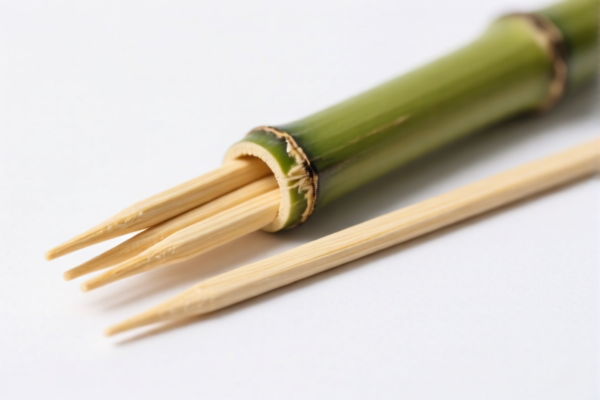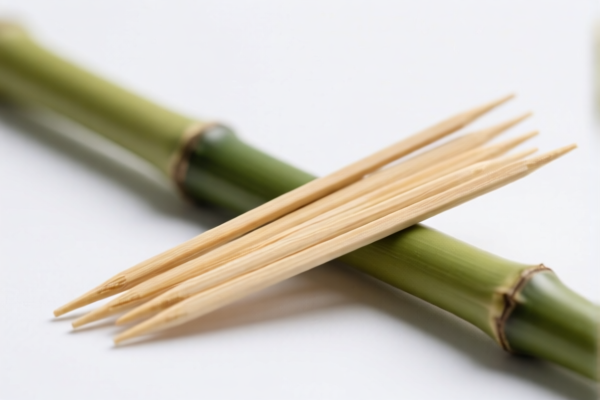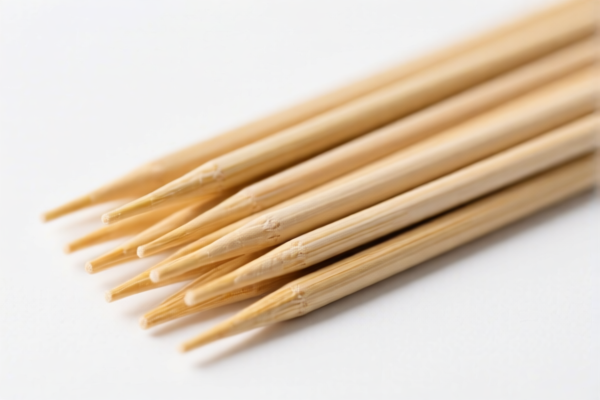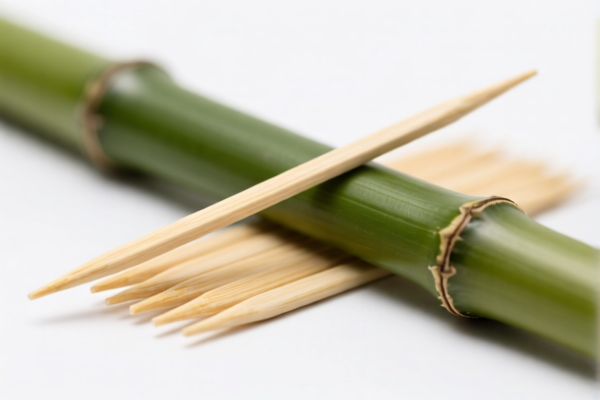| HS Code | Official Doc | Tariff Rate | Origin | Destination | Effective Date |
|---|---|---|---|---|---|
| 9401590000 | Doc | 55.0% | CN | US | 2025-05-12 |
| 9401912000 | Doc | 37.5% | CN | US | 2025-05-12 |




Classification and Duty Analysis: BAMBOO AND WOODEN STOOLS
Based on the provided HS codes and descriptions, here's a detailed breakdown of the classification and duty implications for your BAMBOO AND WOODEN STOOLS, originating from China (CN):
Understanding HS Codes:
The Harmonized System (HS) code is a globally standardized system of names and numbers to classify traded products. Here's a breakdown of the codes provided:
- 9401: Seats (other than those of heading 9402), whether or not convertible into beds, and parts thereof. This chapter broadly covers seats and stools.
- 9401.5: Seats of cane, osier, bamboo or similar materials. This subheading specifically targets seats made primarily from these materials.
- 9401.59: Other seats of cane, osier, bamboo or similar materials. This further refines the category to "other" seats within this material group.
- 9401.9: Parts of seats (other than those of heading 9402). This covers components used in seat construction.
- 9401.91: Of wood. This specifies that the parts are made of wood.
- 9401.91.20: Of bent wood seats. This further specifies the wood parts are bent wood components.
1. HS Code 9401.59.00.00: "Other Seats of Cane, Osier, Bamboo or Similar Materials"
- Description: This code applies to bamboo stools that aren't specifically covered by more detailed subheadings (e.g., those with metal frames or upholstery). It's for stools where bamboo is the primary material.
- Duty Rates:
- Basic Duty: 0.0%
- Additional Tariff: 25.0%
- Post April 2, 2025: Additional Tariff increases to 30.0%
- Total Duty: 55.0% (This is the combined effect of basic and additional tariffs)
- Important Considerations:
- Material Composition: Ensure the stool is predominantly made of bamboo. If other materials (metal, plastic, etc.) constitute a significant portion, this code may not be appropriate.
- Functionality: The stool should be designed primarily as a seat.
2. HS Code 9401.91.20.00: "Parts of Wood, Of Bent Wood Seats"
- Description: This code applies to wooden components used in the construction of seats, specifically those made of bent wood. This would cover things like bent wood seat backs, legs, or armrests.
- Duty Rates:
- Basic Duty: 0.0%
- Additional Tariff: 7.5%
- Post April 2, 2025: Additional Tariff increases to 30.0%
- Total Duty: 37.5% (Combined effect of basic and additional tariffs)
- Important Considerations:
- Component Specificity: This code is for parts only. A complete stool would fall under a different code (like 9401.59.00.00 if it's bamboo).
- Wood Type: The code doesn't specify a particular wood type, but documentation of the wood species may be required.
- Bent Wood Definition: Ensure the wood components are genuinely "bent" wood – shaped by bending rather than simply carved or assembled.
Recommendations & Next Steps:
- Material Verification: Carefully review the composition of your stools. The primary material determines the correct HS code.
- Component Breakdown: If you are importing parts separately, ensure you use the correct code for each component.
- Pricing Accuracy: The declared value (single price) of your goods is crucial for duty calculation. Ensure it accurately reflects the transaction value.
- Certification (Potential): Depending on the end-use of the stools (e.g., for children), you may need to provide certifications related to safety standards (e.g., EN standards for Europe, CARB for California).
- April 2, 2025 Tariff Changes: Be aware of the upcoming tariff increases on April 2, 2025, and factor them into your cost calculations.
- Consult with a Licensed Customs Broker: For complex cases or large shipments, it's highly recommended to consult with a licensed customs broker in China and the destination country. They can provide expert guidance and ensure compliance with all import regulations.
Disclaimer: This information is for general guidance only and does not constitute professional customs advice. Import regulations are subject to change, and it is your responsibility to verify the accuracy of this information with the relevant customs authorities.
Customer Reviews
I’m exporting bamboo stools to the US and this page was a lifesaver. The HS code, tariff, and material guidelines helped me avoid potential customs issues.
The content was helpful, but I found the images a bit unclear. More product examples would have made it easier to determine the correct HS code for my bamboo stools.
This page made it easy to understand the HS code for my wooden stool parts. The breakdown of the 37.5% duty and the bent wood definition were spot-on.
The information about the upcoming tariff increase in April 2025 was very useful. I’ll be sure to factor that into my cost calculations. Good job on the detailed explanation.
I was confused about the difference between HS codes for parts and complete products. This page explained it perfectly, especially the 9401.91.20.00 code for bent wood parts.